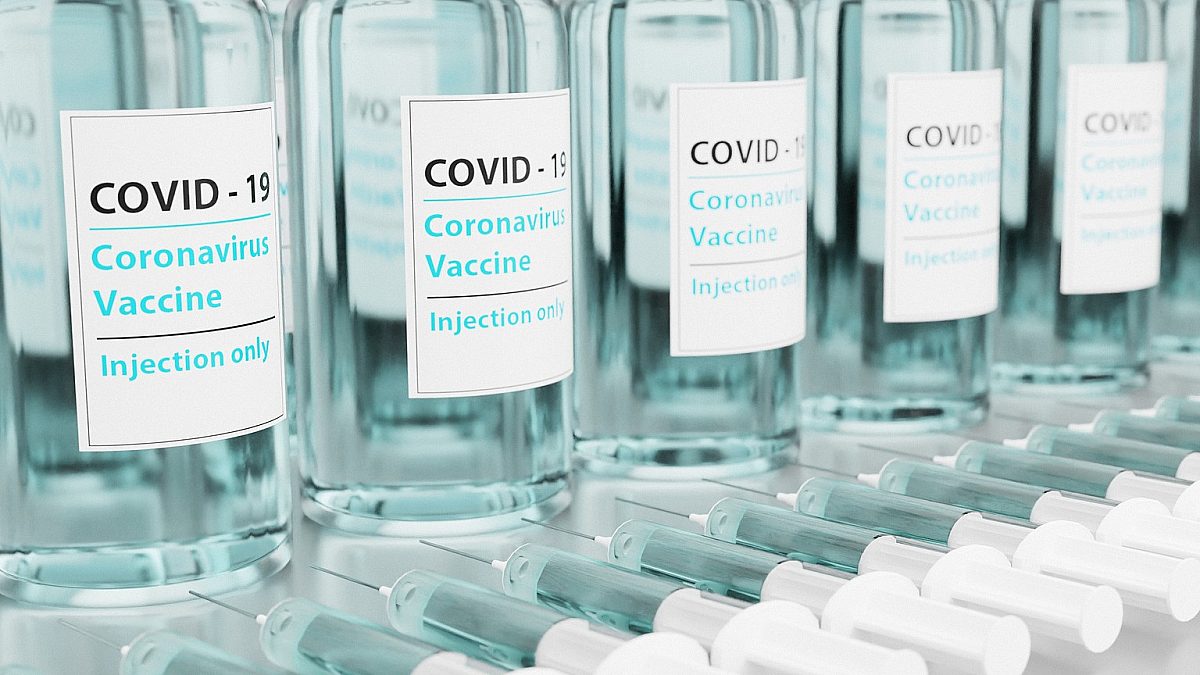The Intersection of Agricultural Innovation and the Development of COVID-19 Vaccines in Europe’s Regulatory Hypocrisy
TOPICS
Covid-19Guest Author
Special Contributor to FB.org

photo credit: torstensimon/CC0
Guest Author
Special Contributor to FB.org
By Graham Brookes
The recent announcement that Astra-Zeneca had developed the third coronavirus vaccine to show promise was welcomed news. It uses a harmless virus that has been genetically modified to include coronavirus genes, which when injected into human cells makes coronavirus proteins that stimulate the immune system to fight any future coronavirus infections. That follows on from two other vaccines, which also use GM advances, called mRNA vaccines.
“These are fantastic results,” UK Prime Minister Boris Johnson enthused, as politicians across Europe queued up to praise the breakthroughs and to re-assure citizens of the robust, science-based regulatory approval systems that are in place to ensure their safety as the vaccines are fast-tracked through the approval process. This is the right thing to do.
Robust science-based regulatory frameworks for GMOs have been in place since the 1990s.
However, isn’t this stance inconsistent and hypocritical? These vaccines use the very same techniques of genetic modification or gene editing that many European politicians have spent the last 25 years preventing their citizens and farmers from having access to for the production and consumption of food, feed and fibre crops and which some environmental advocacy groups have opposed unequivocally.
If these politicians and advocacy groups were being consistent with their past behaviour, they would be campaigning against their approval.
Robust science-based regulatory frameworks for GMOs have been in place since the 1990s and over 4,300 such science-based regulatory assessments have been conducted in 70 countries by 2019 (ISAAA, 2019). These have facilitated the widespread adoption of GM crops, largely outside Europe.
To date, there has been no credible evidence of negative impact on human health, there is a broad consensus amongst the vast majority of scientists and regulators that these products are safe to consume and there is now a substantial body of evidence that GM crop technology has made important contributions to improving global food security, to reducing the environmental footprint of agriculture and to helping to cut global greenhouse gas emissions (eg, Brookes and Barfoot, 2020).
Despite all this, most European politicians have continued to apply a non-science and non-evidence based approach to regulating these technologies, largely denying European farmers and citizens access to the benefits referred to above. As a result, 18 Member States have banned GM crop cultivation for non-scientific reasons, approvals for the importation and use of GM crops and their derivatives are often subject to long delays, causing disruption to supply chains of raw materials and the European GMO regulatory approval system has been acknowledged as failing to operate as intended (European Commission, 2015) and has been ruled to be mal-administered (European Ombudsman, 2016).
Moving forward, if Europe is to be consistent in the way scientific developments in medicine and agriculture are regulated, the main choices are:
- Apply the same rigorous and solely science-based approval approach currently being applied to covid-19 vaccines to the regulation of crop and livestock innovations derived from the same technologies, or;
- Apply the current non-science and non-evidence based approval approach applied to crop innovations that use GM or GE techniques to covid-19 vaccines. If this approach is instituted, the “best case scenario” for Europe is its citizens might get access to the vaccines in about five years’ time, or possibly not at all.
Let’s hope that European politicians take the opportunity that the tremendous development of GM/GE derived covid-19 vaccines offers to re-set, re-boot and revise the regulatory approval systems for these technologies so that we can all benefit from their potential in all sectors, including agriculture and food production.
Graham Brookes is an agricultural economist with PG Economics, UK. He has more than 30 years’ experience of analysing the impact of technology use in agriculture and has authored many papers in peer reviewed journals on the impact of GM crop technology.
References
Brookes G and Barfoot P (2020) GM crop technology use 1996-2018: farm income and production impacts, GM Crops & Food, 11:4, 242 261, DOI:10.1080/21645698.2020.1779574
Brookes G and Barfoot P (2020) Environmental impacts of genetically modified (GM) crop use 1996–2018: impacts on pesticide use and carbon emissions, GM Crops & Food, 11:4, 215-241, DOI: DOI:10.1080/21645698.2020.1773198
Court of Justice of the European Union (CJEU) 2018. Ruling on case C-528/16 of 25 July 2018. https://curia.europa.eu/jcms/upload/docs/application/pdf/2018-07/cp180111en.pdf
European Commission (2015). Reviewing the decision-making process for GMOs’, Com 2015, 176 final. https://ec.europa.eu/transparency/regdoc/rep/1/2015/EN/1-2015-176-EN-F1-1.PDF
European Ombudsman (2016). Case 1582/2014/php. https://www.ombudsman.europa.eu/en/decision/en/63025
ISAAA (2019) Biotech crops continue to help meet the challenges of increased population and climate change. ISAAA Brief 54. http://isaaa.org/resources/publications/briefs/54/executivesummary/default.asp